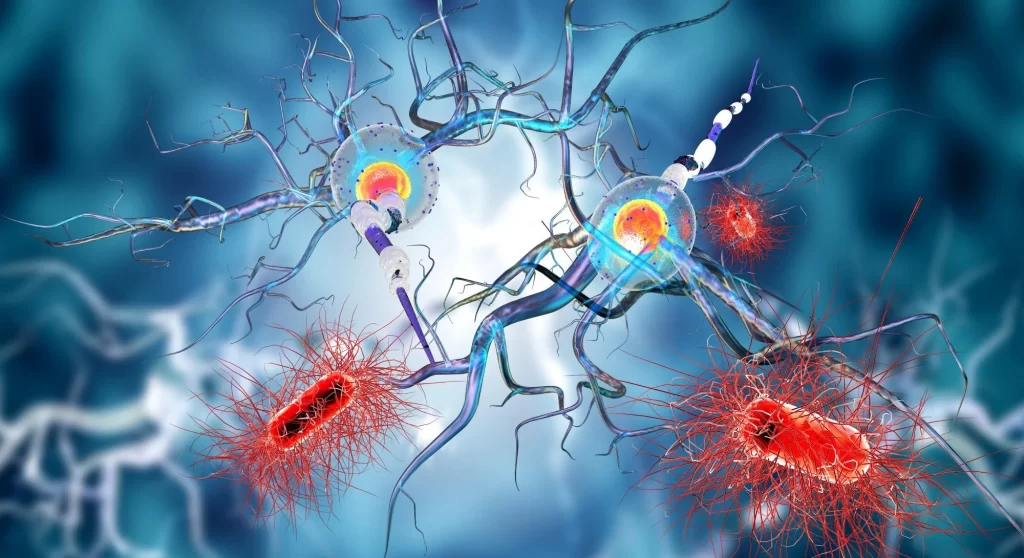Obsessive-Compulsive Disorder (OCD) is a debilitating mental health condition that affects millions of people worldwide. While traditional treatments, such as therapy and medication, have proven effective for many individuals, there is still a subset of patients who do not respond well to these interventions. However, recent clinical trials have shown promising results, offering hope for those struggling with OCD.
Study on Repetitive Transcranial Magnetic Stimulation (rTMS):
One notable clinical trial focused on the use of Repetitive Transcranial Magnetic Stimulation (rTMS) as a potential ttreatment for OCD. rTMS works by stimulating specific areas of the brain using magnetic fields, which can help regulate abnormal brain activity associated with OCD.

Image Source: Google
Investigation into Psilocybin-Assisted Therapy:
Another groundbreaking clinical trial explored the use of psilocybin-assisted therapy in treating OCD. Psilocybin, the active compound found in certain mushrooms, has shown promising results in other mental health disorders, such as depression and anxiety. In this study, patients with severe OCD symptoms were given a controlled dose of psilocybin during therapy sessions.
The researchers found that after just a few sessions, the participants experienced a significant reduction in OCD symptoms, with some even achieving remission. The positive effects of psilocybin seemed to be long-lasting, suggesting that it could offer a breakthrough treatment for OCD patients who have not responded to traditional methods.
